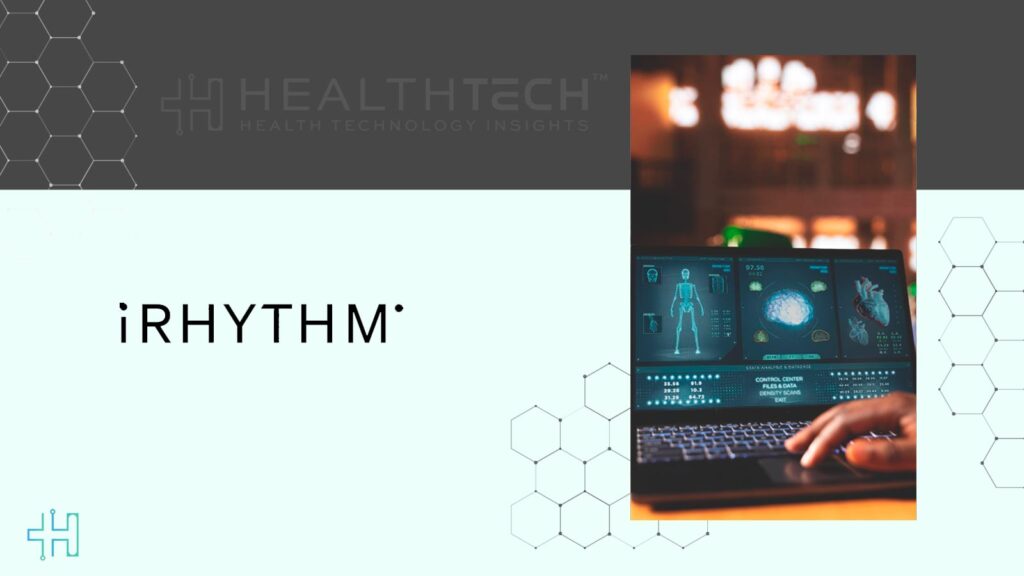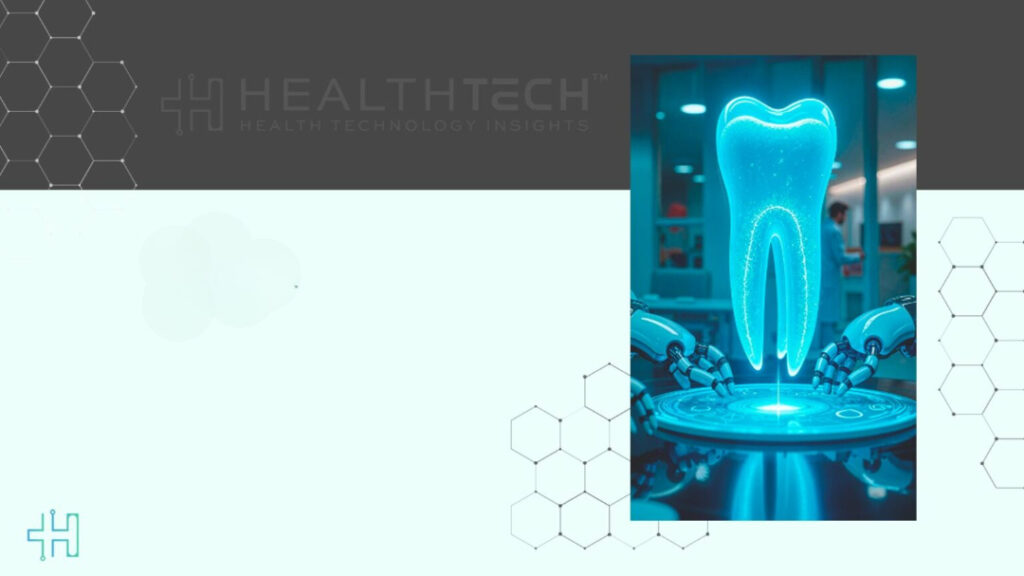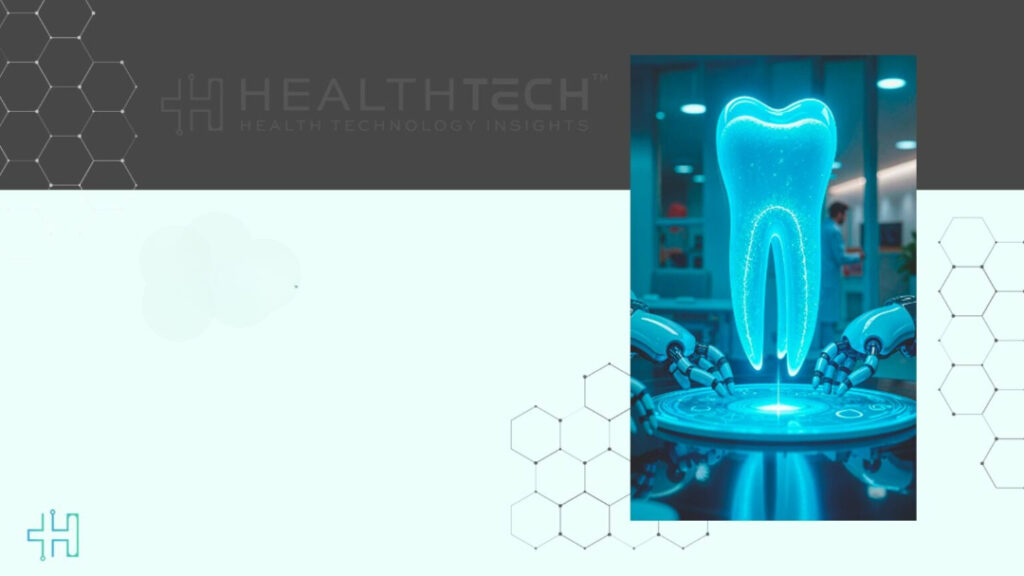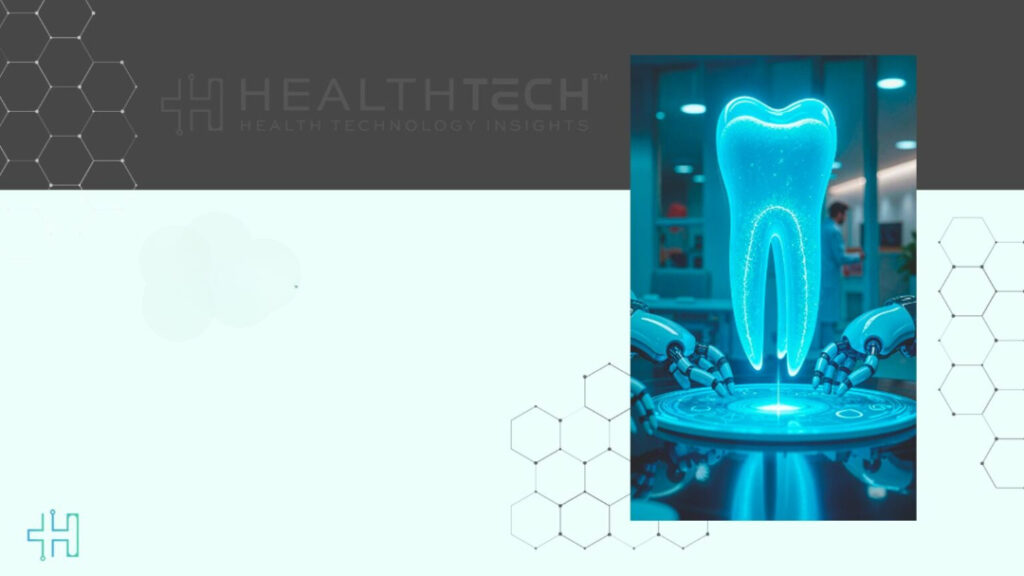Partnership aims to utilize predictive AI to help identify arrhythmias earlier in patient populations with an elevated risk for arrhythmias to enable timely care for millions who remain undiagnosed
iRhythm Technologies, a health tech company focused on detecting and preventing disease, has partnered with Lucem Health, a firm known for its AI-based early disease detection tools. Together, they are launching a predictive solution aimed at identifying undiagnosed arrhythmias—abnormal heart rhythms—in patients with existing health conditions such as diabetes, chronic kidney disease, COPD, and coronary artery disease. These conditions often go unmonitored for heart issues, leaving millions at risk. The partnership combines Lucem’s predictive AI platform with iRhythm’s Zio ECG monitoring technology to detect heart rhythm disorders before symptoms begin, enabling timely treatment and intervention.
Health Technology Insights: Dr. Scott Kaiser Opens MDVIP-Affiliated Practice in Denver
Quentin Blackford, CEO of iRhythm, emphasized the importance of shifting from reactive to proactive care. “Healthcare is moving towards a time when we don’t just find diseases, but predict them. With Lucem Health, iRhythm is leading a new way in care. We want to help patients before symptoms begin and before problems get worse. This is a big step towards care that predicts, prevents, and is precise, using AI, data, and a scalable approach. We believe more than 27 million people in the U.S. could benefit from early heart monitoring—this is just the start.” Sean Cassidy, CEO of Lucem Health, added, “Doctors often react to what happens in the exam room. They don’t always have the time or info to be proactive. With iRhythm, we’re bringing smart prediction to healthcare, so we can act earlier, use resources better, and help patients more.”
Health Technology Insights: Crum & Forster Launches Employer Medical Gap Insurance Solution
The first tool from this collaboration uses AI to analyze patterns in electronic medical records and identify patients at higher risk for arrhythmias who would typically not be flagged for monitoring. Once identified, these individuals can be equipped with iRhythm’s wearable Zio ECG monitor, which captures continuous heart rhythm data for up to two weeks. The data is analyzed by clinical experts with support from advanced AI, allowing for accurate diagnosis and prompt medical action. This tool is designed to support population health management in settings like ACOs and integrated health systems that prioritize value-based care and outcomes.
The need for early arrhythmia detection is backed by growing research. Studies from major medical conferences show that individuals with conditions like diabetes and COPD are significantly more likely to develop arrhythmias, yet they are often not screened. Data reveals that those with undetected arrhythmias face double the hospitalization rates and 35–50% higher emergency care costs. Additionally, annual healthcare costs for these patients can reach $46,000 compared to $30,000 for those without arrhythmias. However, patients who were monitored experienced lower healthcare use and reduced costs, highlighting the clinical and economic benefits of early detection.
Health Technology Insights: DocGo Launches Mobile Health Vaccination Program for the County of San Diego
To participate in our interviews, please write to our HealthTech Media Room at sudipto@intentamplify.com






